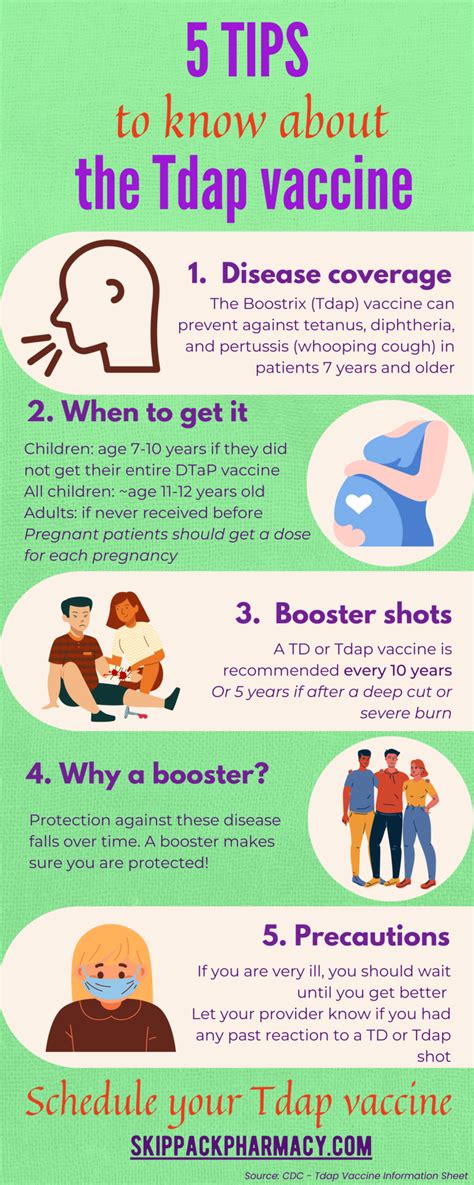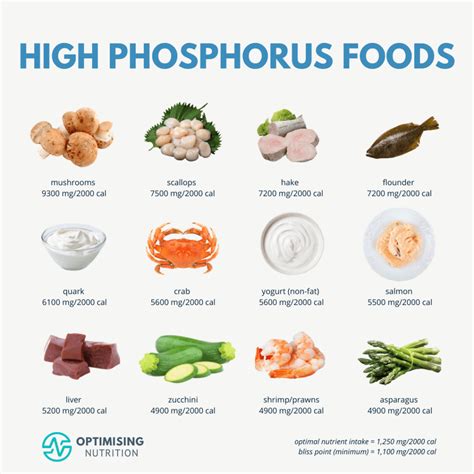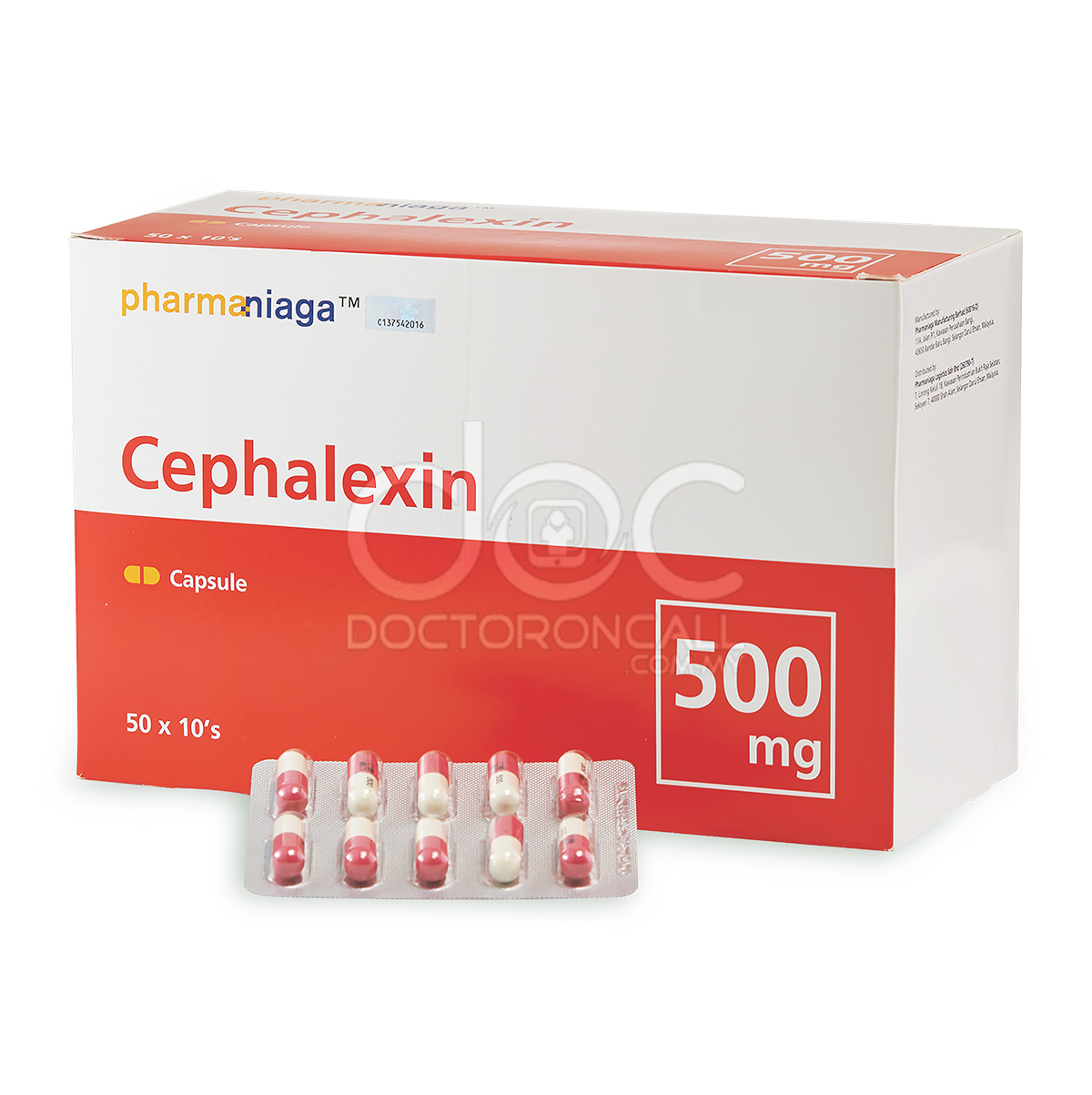Dtap Vaccine Info: Get Protected Today

The Dtap vaccine, a crucial immunization for protecting against diphtheria, tetanus, and pertussis (whooping cough), has been a cornerstone of public health efforts for decades. Understanding the ins and outs of this vaccine is essential for making informed decisions about your health and the health of your loved ones.
What is the Dtap Vaccine?
The Dtap vaccine is a combination vaccine that provides immunity against three serious bacterial infections: - Diphtheria: A respiratory illness that can lead to breathing difficulties, heart failure, and even death. - Tetanus: A disease caused by bacteria that can enter the body through wounds or cuts, leading to muscle stiffness, spasms, and rigidity. - Pertussis (Whooping Cough): A highly contagious respiratory tract infection that can cause severe coughing, vomiting, and difficulty breathing, especially in infants.
Importance of the Dtap Vaccine
Vaccination against these diseases is critical for several reasons: - Protection of Vulnerable Populations: Infants and young children are at the highest risk of contracting these diseases and suffering from their complications. Vaccination ensures that they are protected from an early age. - Prevention of Outbreaks: By maintaining high vaccination rates within a community, the spread of these diseases can be effectively controlled, preventing outbreaks and safeguarding public health. - Individual and Herd Immunity: Not only does the vaccine protect the individual who receives it, but it also contributes to herd immunity, which is essential for protecting those who cannot receive vaccinations due to certain medical conditions.
Who Should Receive the Dtap Vaccine?
The Centers for Disease Control and Prevention (CDC) and other global health authorities recommend the Dtap vaccine for: - Children: Typically administered in a series of doses starting at 2 months of age, with subsequent doses at 4 months, 6 months, 15 through 18 months, and a final dose at 4 through 6 years. - Preteens: A booster shot, known as the Tdap vaccine, is recommended around the age of 11 or 12 to provide continued protection during adolescence. - Adults: Especially those who did not receive the vaccine as adolescents, are in close contact with infants, or work in healthcare. The Td vaccine (protecting against tetanus and diphtheria) is recommended every 10 years, with one of these doses being replaced with Tdap.
Side Effects and Safety
Like all vaccines, the Dtap vaccine can cause side effects, but these are generally mild and temporary. Common side effects include: - Pain, redness, or swelling at the injection site - Fever - Vomiting - Fussiness (especially in infants) - Fatigue - Headache (more common in adults)
Rare but serious side effects can occur, emphasizing the importance of discussing any concerns with a healthcare provider.
Enhancing Protection through Booster Shots
Booster shots are crucial for maintaining vaccine-induced immunity over time. The booster shots, such as the Tdap vaccine given to adolescents and adults, ensure continued protection against these diseases. For adults, particularly those who have not received a Tdap vaccine, it is recommended to get one dose of Tdap instead of the Td vaccine to provide protection against pertussis.
Making Informed Decisions
In making decisions about vaccination, it’s essential to consider the overwhelming scientific evidence supporting the safety and efficacy of vaccines like Dtap. Misinformation can sometimes lead to confusion and hesitation regarding vaccination. Consulting reputable sources, such as the CDC, the World Health Organization (WHO), and healthcare professionals, can provide accurate and trustworthy information.
Practical Application and Accessibility
Access to the Dtap vaccine is fairly widespread, with most healthcare providers offering it as part of routine vaccinations. For those with financial constraints, programs like the Vaccines for Children (VFC) program in the United States help ensure that eligible children can receive recommended vaccines at no cost.
Future Trends and Developments
Research into vaccine development is ongoing, with a focus on improving vaccine efficacy, reducing side effects, and developing new vaccines against emerging diseases. The field of vaccinology is dynamic, with advancements in technology and our understanding of the immune system leading to more effective and targeted vaccine strategies.
Historical Evolution of the Dtap Vaccine
The development of the Dtap vaccine is a testament to the progress of medical science. From the initial vaccines against diphtheria, tetanus, and pertussis, which were often administered separately, to the combination Dtap vaccine, there has been significant advancement. Each step has been guided by scientific research and the need to protect populations from these serious diseases.
Addressing Misconceptions
Despite the evidence supporting vaccination, there are misconceptions that can lead to hesitation. Addressing these with accurate information and engaging in open dialogue with healthcare professionals can help alleviate concerns. It’s also important to recognize the role of vaccines in preventing the spread of diseases and protecting vulnerable individuals who may not be able to receive vaccines.
Expert Insights
Experts in the field of immunology and public health emphasize the critical role of vaccines in maintaining health and preventing disease outbreaks. Their insights into the development, efficacy, and importance of vaccines like Dtap underscore the need for continued vaccination efforts and public awareness campaigns.
FAQ Section
What is the typical schedule for administering the Dtap vaccine to children?
+The Dtap vaccine is typically administered in a series of doses at 2 months, 4 months, 6 months, 15 through 18 months, and a final dose at 4 through 6 years of age.
Why is it important for adults to receive the Tdap booster shot?
+Adults should receive the Tdap booster shot to protect themselves against pertussis and to prevent the spread of the disease, especially to infants and other vulnerable populations.
Are there any potential side effects of the Dtap vaccine that I should be aware of?
+Common side effects of the Dtap vaccine include pain, redness, or swelling at the injection site, fever, vomiting, fussiness, fatigue, and headache. Serious side effects are rare but can occur, emphasizing the importance of discussing any concerns with a healthcare provider.
How often do adults need to receive a tetanus booster shot?
+Adults should receive a Td booster shot every 10 years. It is recommended that one of these doses be replaced with Tdap to provide protection against pertussis.
Can the Dtap vaccine be administered to individuals with certain medical conditions?
+The decision to administer the Dtap vaccine to individuals with certain medical conditions should be made on a case-by-case basis in consultation with a healthcare provider. Certain conditions may require special consideration or alternative vaccination schedules.
What role does herd immunity play in preventing the spread of diseases like pertussis?
+Herd immunity is crucial in preventing the spread of diseases like pertussis by ensuring that a sufficient percentage of a population is immunized, thereby protecting those who are not vaccinated, such as individuals with certain medical conditions, and reducing the overall risk of outbreaks.
The Dtap vaccine stands as a pillar of preventive medicine, offering protection against three potentially life-threatening diseases. By understanding its components, importance, and administration schedule, individuals can make informed decisions about their health and contribute to the broader effort of maintaining public health. As with any medical intervention, it’s essential to consult with healthcare professionals for personalized advice and to address any concerns or questions that may arise.


